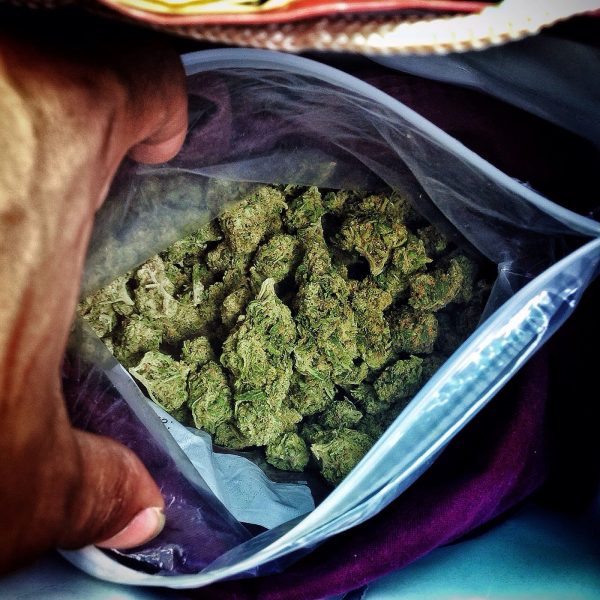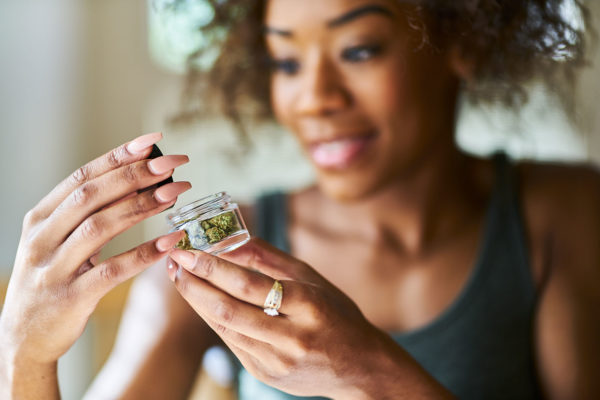No products in the cart.

Five Expert Travel Tips For Visiting Lisbon
If you’ve seen Portugal geotags on the social media feeds of your friends this summer, you’re following the right people. Thanks to a litany of positive travel press, the country has in recent years become synonymous with being a premier vacation destination. It’s a crown worn regally thanks to its numerous beaches, delectable seafood, bold port wines, colorful citizens and rich (literally and figuratively) and often complicated history.
Portugal’s capital city Lisbon is also a rewarding and complex destination. Buzzing with can’t miss food halls, rowdy bars, afrobeat dance clubs, and rich, controversial history, Lisbon a city that should be on every traveler’s European bucket list. If it’s already on your list, or you’re considering adding it, here five things locals want you to know before visiting.
1. “It’s An African City”
Lisbon is a picturesque European city, but “it’s also an African city” tour operator Naky Gaglo tells TravelCoterie. That becomes immediately clear to anyone visiting for the first time. Expect to be encounter Afro-Portuguese immigration officers or African airline and airport employees. You expect this kind of diversity in cities such as Paris or London, but there were moments in Lisbon where I was surrounded by people that resemble me. There’s a strong sense of African community in the city and it can be enjoyed by sampling food from over a dozen African restaurants.
2. Reefer & Beer
Drinking on the streets in Lisbon is legal, if not slightly encouraged. Market cashiers even keep bottle openers at their registers for in need of instant alcoholic satiation. The country’s national drink is Port, but in Lisbon, people were quick to suggest visitors try ginja. The sweet cherry liqueur originated in Lisbon in the 1700s. Made from the Morello cherry, the beverage is typically served in a shot glass with a piece of fruit at the bottom. “It’s strong as hell” local Jessica Grier adds in our video above.
When people bloviate about their travels to Portugal, I imagine them harping on about a sipping a fantastic port from the country’s Douro Valley. Port is a fruity red wine from Porto, another increasingly popular spot with tourists. The dessert wine is served throughout the country.
Marijuana, on the other hand, is not. While technically decriminalized, trying to obtain weed on a trip here is not worth your time. “The stuff they are selling, it is not weed,” Naky explains. Still, walk around Lisbon or Porto and expect to be propositioned by grandfathers, teenagers and just about everything between. The problem is the people are most likely selling oregano pieces glued together into a little ball. So legal, but best play it safe.
3. Hills
Lisbon is nicknamed the city of seven hills, but unfortunately for those that hate ascending them, seven is a modest estimate. It seems like no matter where you’re walking, the task of conquering a hill or seven will be part of the journey. And if it’s not hills, it’s steps. Lots of steps. This is why every local person we spoke with adviced bringing a comfortable pair of sneakers, and NO HEELS.
4. Tram 28
Another great way to see Lisbon if you’re not up for the calorie burn is by public transportation. Tram 28 rolls through the popular tourist neighborhoods of Alfama, Baixa, Graca, and Estrela. The vehicles are usually packed with tourists and locals, so it’s best to avoid use during peak hours if you can. A single ticket will run you approximately $3.36, but the 24-hour public transport ticket, which includes the metro and all tram and bus services, is $7.20. The latter, however, is only available for purchase at metro stations.
5. Sea(food)
“You have vodka in Russia, baguettes and croissants in France and here we have canned fish.” Andre knows a lot about canned fish and its role in Portugal’s culinary history; the young man sells them for a living to tourists. One of the country’s top exports is canned fish, including but not limited to sardines, tuna, trout, horse mackerel, eel, tuna, anchovies, octopus and salmon. Comur-Conserveira de Portugal has been tinning seafood since 1942. Today, the manufacturer has retail locations throughout the country equipped with English-speaking staff like Andre. The great thing about tinned fish is that it’s small, affordable and travels well, making it an excellent souvenir or snack.
If you’d rather a fresh catch, step inside just about any Portuguese restaurant and you’ll find a variation of Bacalhau on the menu. Bacalhau is Portugese for cod, and the flaky white fish is served grilled, dried, fried, baked or … canned.
Eric has revolved in and out of passport controls for over 20 years. From his first archaeological field school in Belize to rural villages in Ethiopia and Buddhist temples in Laos, Eric has come smile to smile with all walks of life. A writer, photographer and entrepreneur, the LA native believes the power of connectivity and community is enriched through travel.




